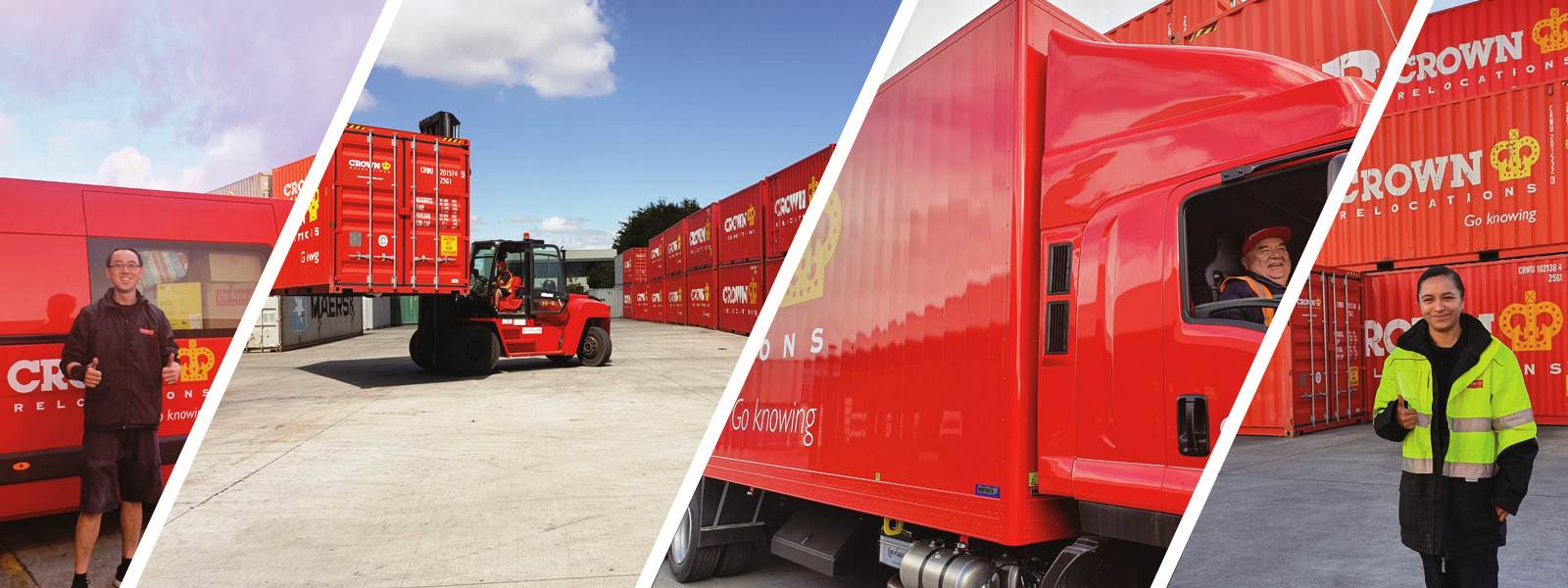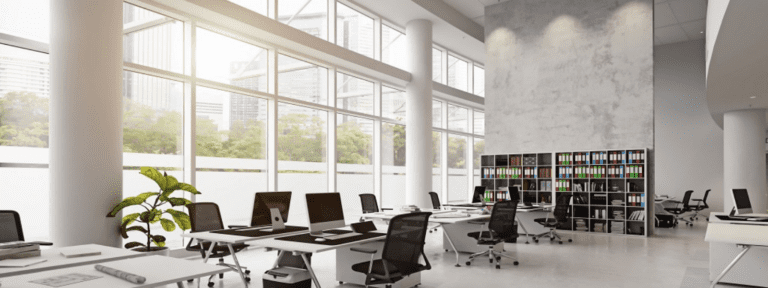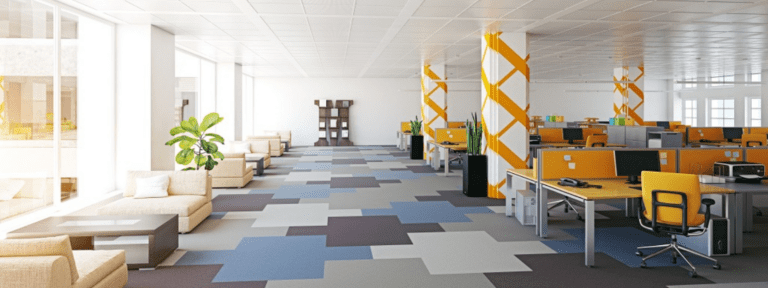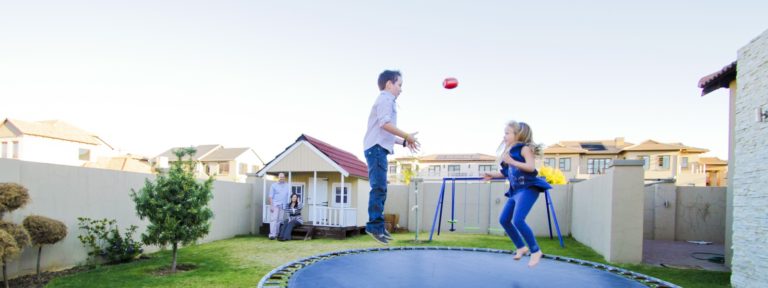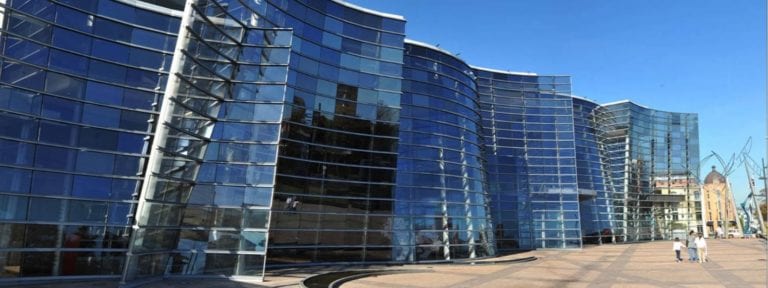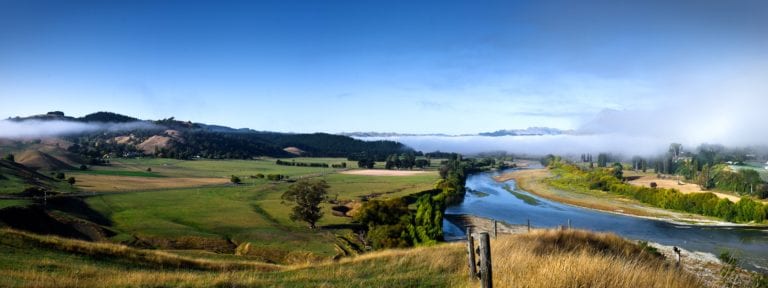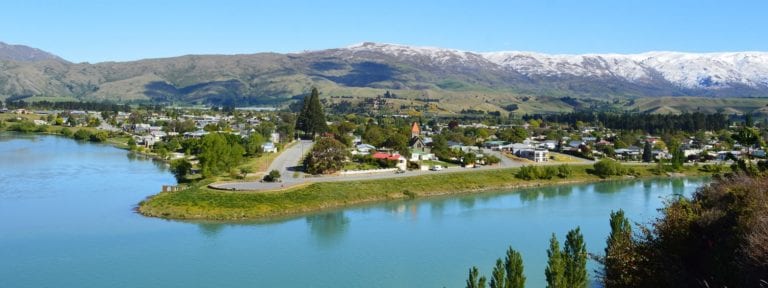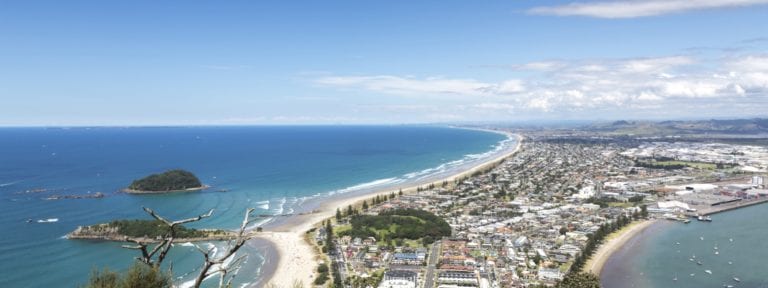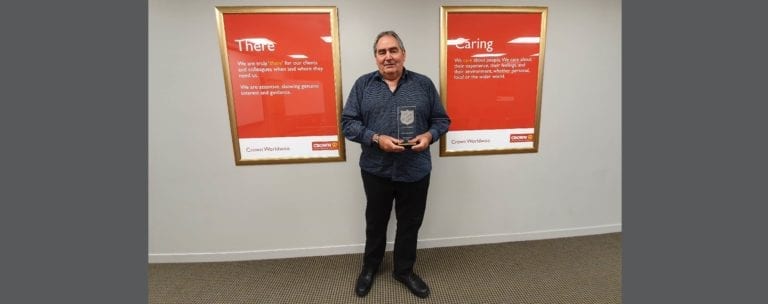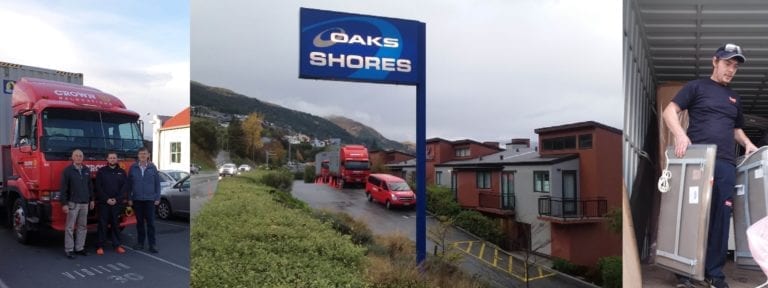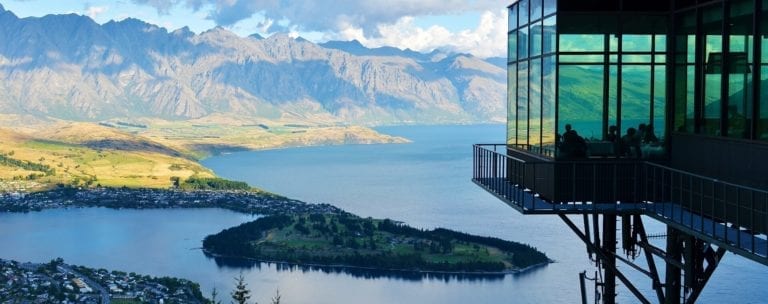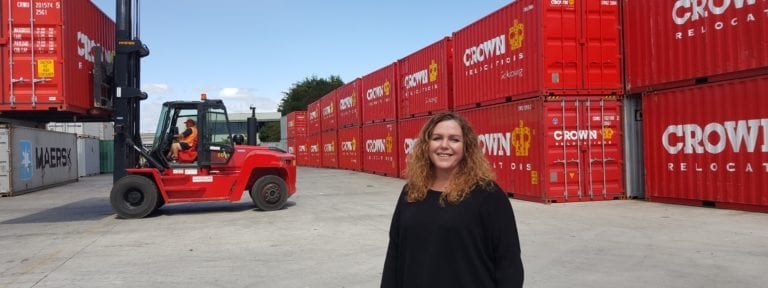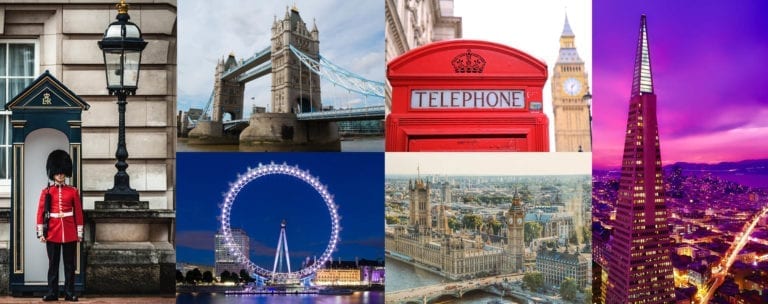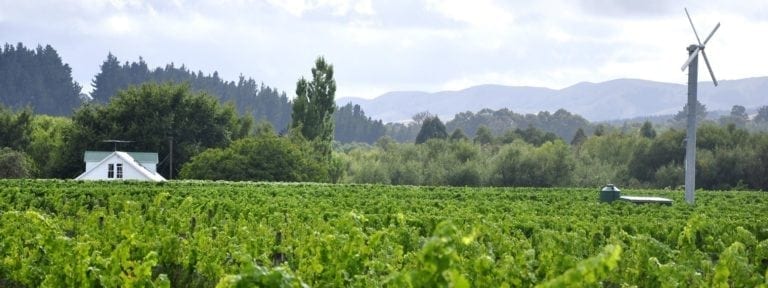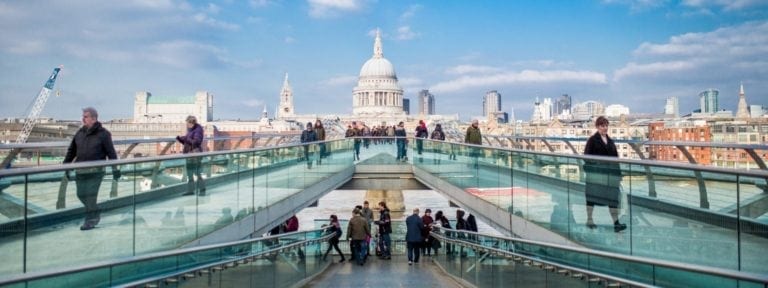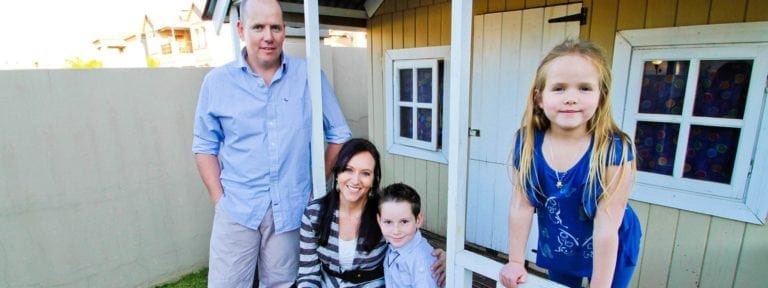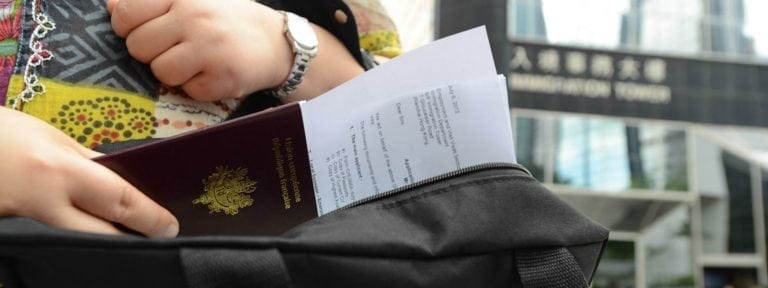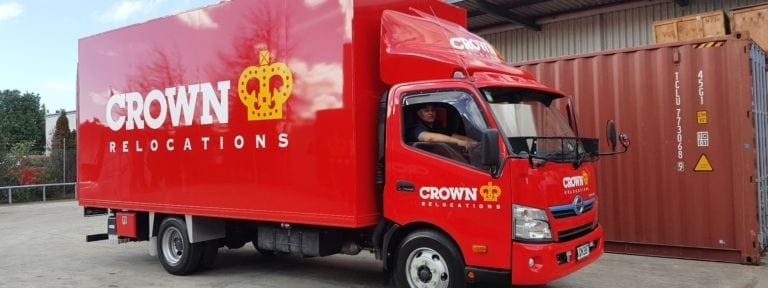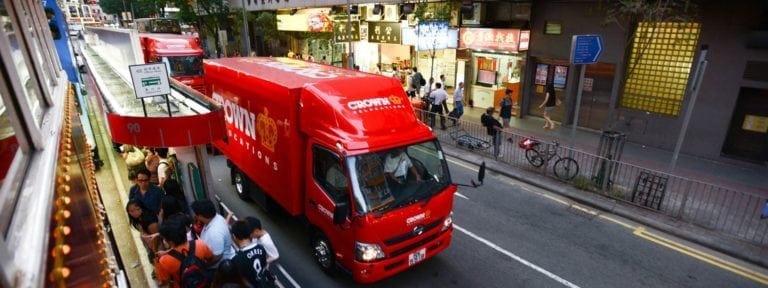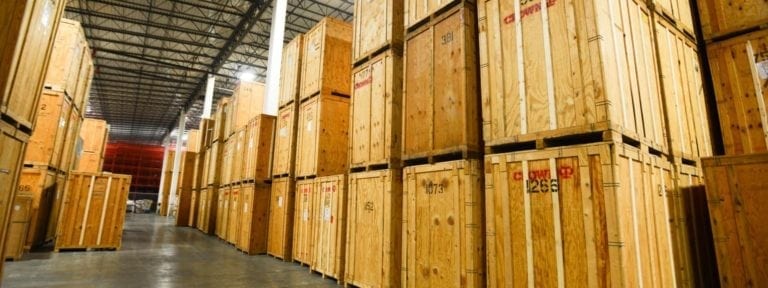This week at Crown is our ‘Health & Safety at Work Week’ where we focus on educating staff to be proactive in recognising and eliminating hazards wherever they are operating.
We spoke to Tristan Cavanagh, about his role and responsibilities as Crown Relocations’ Operations Training Manager and his take on the importance of Health & Safety at Work….
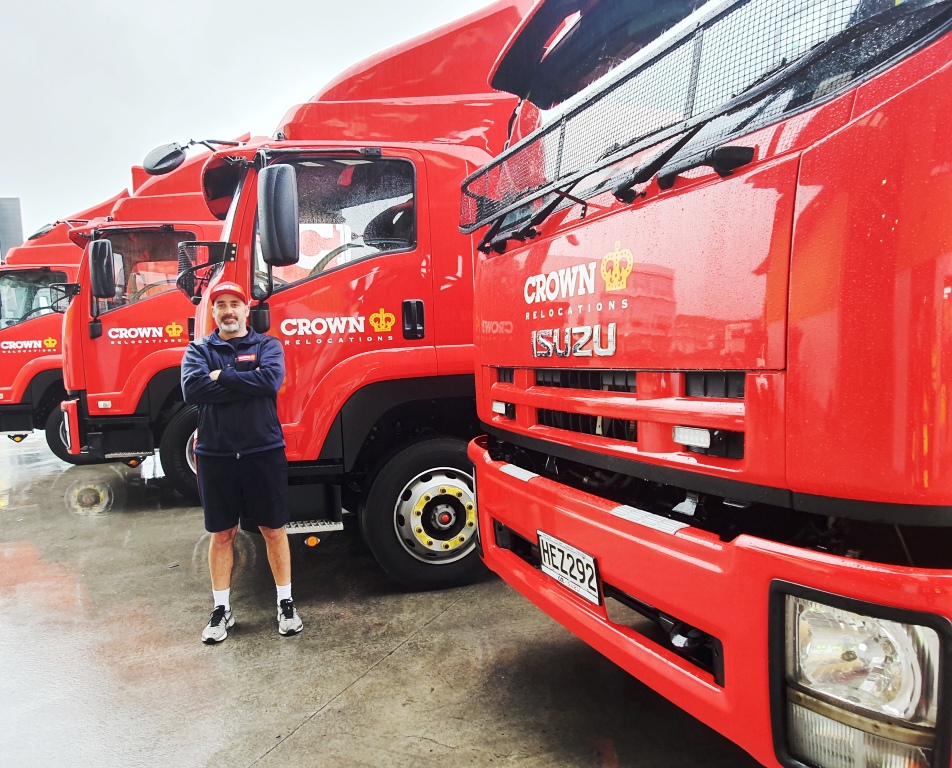
Q: Tell us about your role
A: As Operations Training Manager, my main responsibility is to provide operations training for the ops teams across New Zealand. It’s very much Operations focused and it covers a lot of aspect of ‘operations’ at Crown – the methods we use to pack a particular item, the most efficient way to stow goods in the truck, the safe way in handling large equipment and so on. I am very much involved in auditing every job cycle from the booking stage onwards – here I identify and correct errors in real time and help minimise risks for everyone.
Another responsibility in my role is planning the freight movements for the ‘Northern Express’ – ensuring that our drivers and teams on the ground have all the accurate information and schedule for their jobs. I visit our operations sites whenever needed providing additional support and training for new staff.
Q: Tell us about your working day
A: I generally travel away 1 night a week. The training varies, most often it is getting alongside the team in the field for ‘on the job’ training. At other times there will be packing or stow training in the warehouse, and sometimes a classroom- based session.
There is also lots of communications between myself and the local Ops Managers. These usually happens over the phone as we work through various issues, or giving advice & guidance, or planning the ops diary for the week.
Following jobs through the job cycle is the interesting part of my role as I get to see it from all aspects of the business. I regularly check on the progress of targeted jobs to ensure all things are happening as planned. Planning the Northern Express keeps me in the hustle and bustle of day-to-day logistical and operations planning, which gets me closer to what is going on in the Northern region.
I also work closely with Gerard Robbins, Site Health & Safety Manager – investigating any H&S incidents and working out how the incident can be prevented or eliminated.
Q: Why is workplace safety so important?
A: It is as simple as everybody having the right to go home fit and healthy at the end of each day.
Q: How do you ensure that all the ops team members are well-prepared to operate safely & efficiently to prevent any H&S injuries while on the road or at customers’ premises?
A: All our new staff have a thorough H&S Wellbeing induction covering key aspects of operational health & safety topics that will apply to them in their role including identification of hazards. This will include appropriate lifting techniques to prevent injury. We provide a variety of tools to assist with moving items to reduce the strain on the body (e.g. Hand trucks, dolleys, piano trolleys, spa trolleys, restraining straps). Using the appropriate lifting equipment is much better than demonstrating how strong you are. Where there are any known issues with getting difficult and large items in or out of the property, we plan in advance by providing additional manpower or specialty equipment to make the task safer & easier.
Q: Your top advice regarding workplace health & safety.
A: If it can’t be done to a safe standard, then don’t do it!
Thank you for your invaluable input, Tristan. A healthy and safe workplace is a happier workplace!
Kia Kaha!

